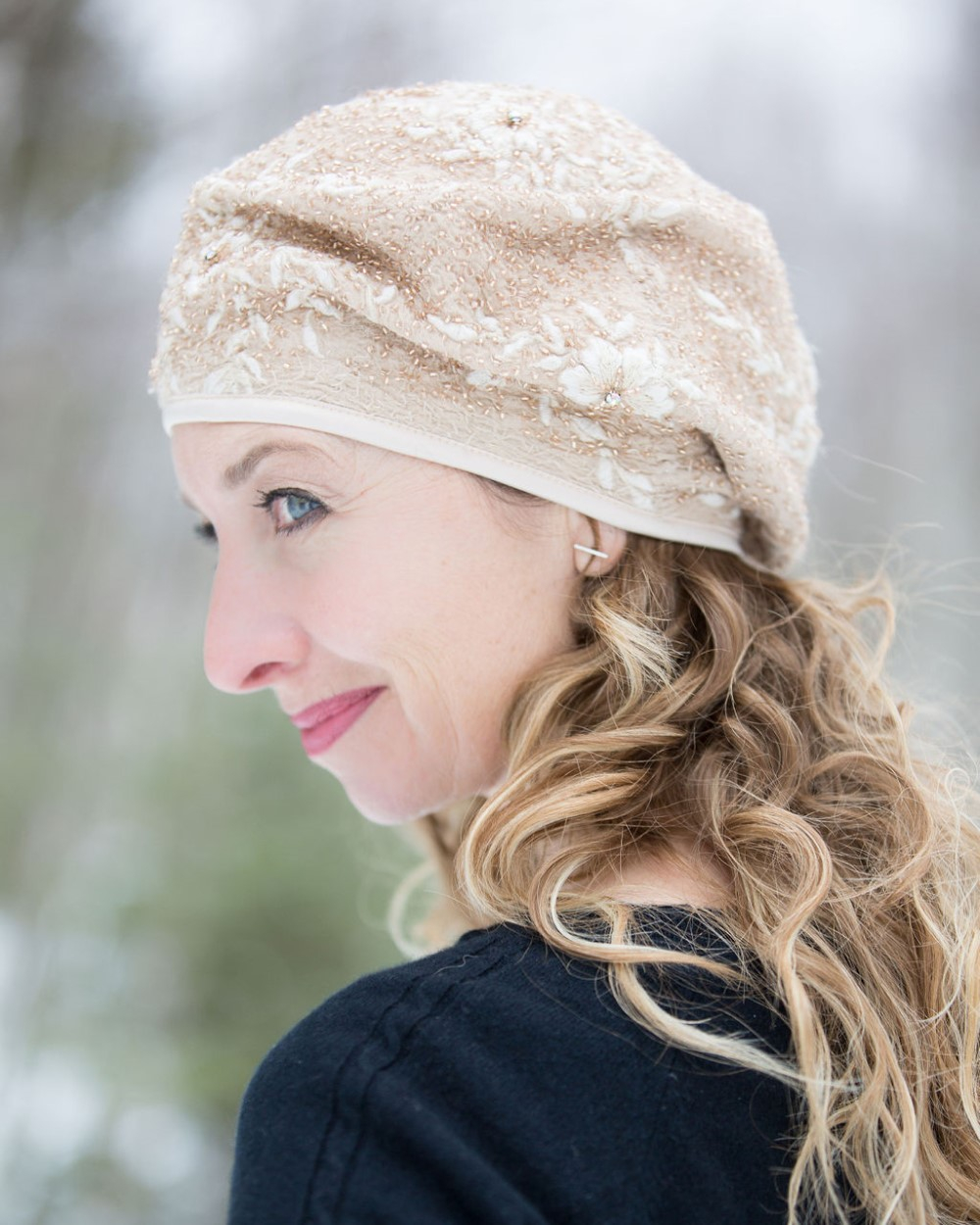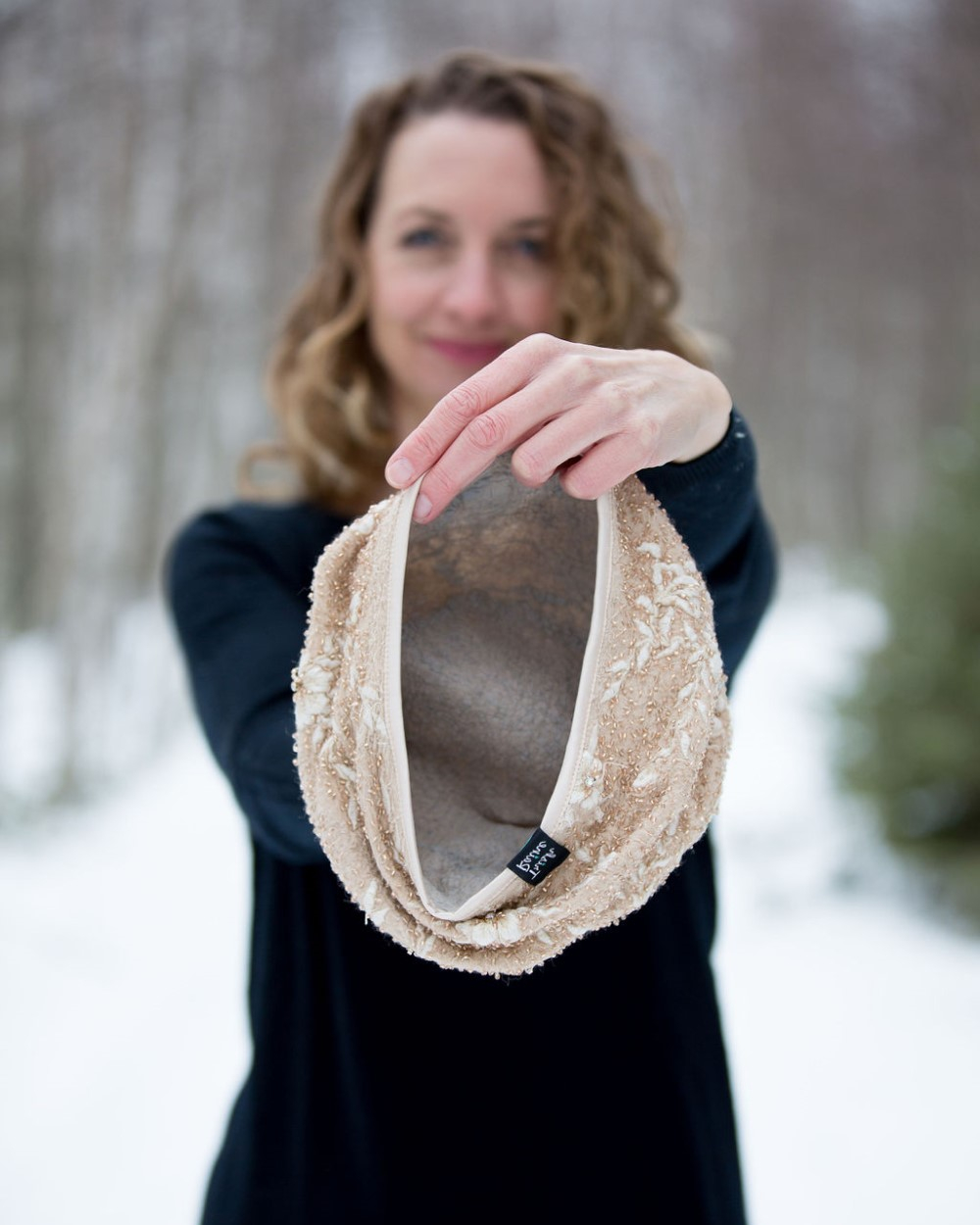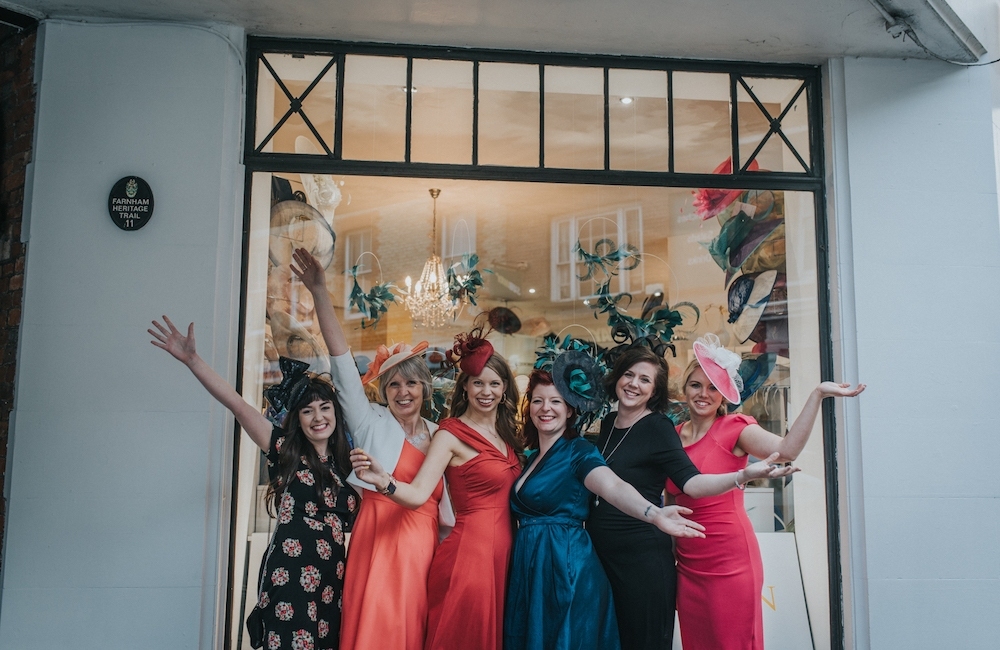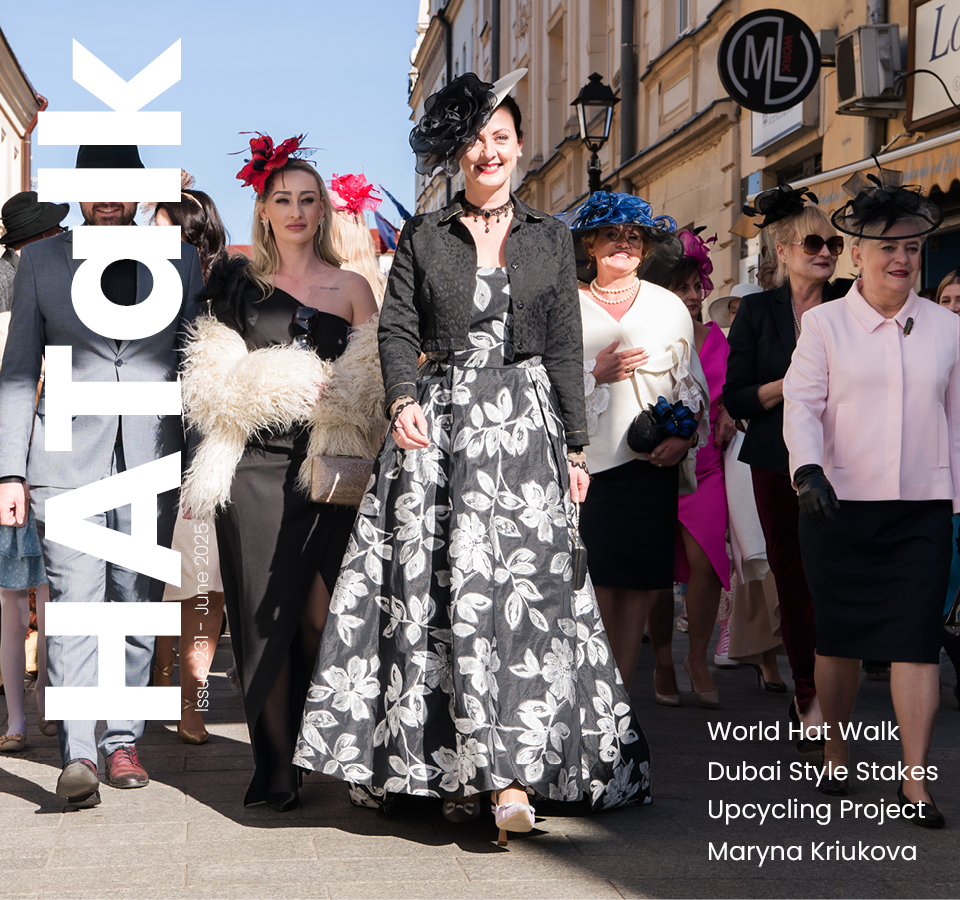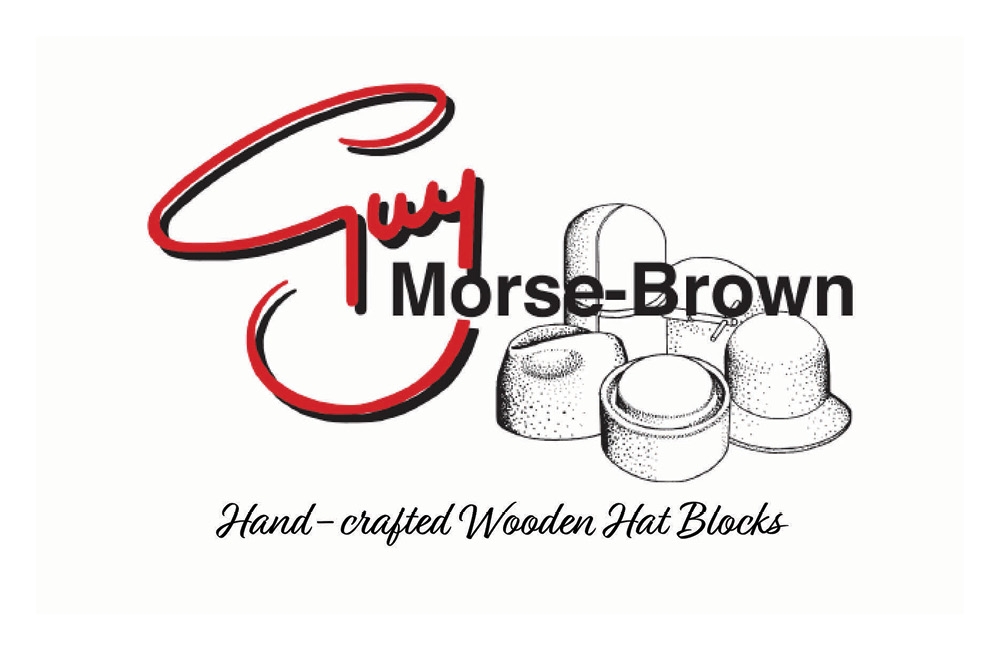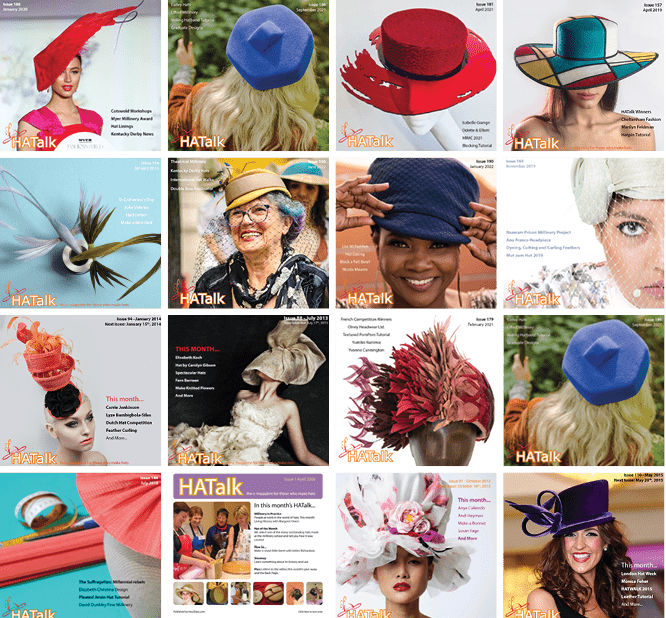2021 HATalk Competition Entry
Trish Hirschkorn
Name of Hat/Headpiece
Beaded Blush Gossamer
Maker
Trish Hirschkorn
Country
Canada
HATalk Archive Inspiration
- HATalk Issue 128: How to Block a Crocheted Hat by Sarah McFall
Description
This article describes how to block a wool hat without a lot of pulling and tugging using damp and not wet techniques. Prior to this article I made my own felt hat bodies which were thicker, and made them to withstand winter, by using traditional blocking techniques. I then developed a special Trish Raine line of "Gossamer" hats for warmer climates, shoulder seasons (spring/fall) or women who have hair loss or alopecia. This technique fuses up-cycled silks on the outside AND the lining of the hat, "glued" together by a VERY thin layer of merino wool. Since there is very little structure to the hat, there is no hard pulling or tugging on the hat when shaping it. I damp block all my gossamer hats.
These hats are extremely thin, allowing air flow and comfort. Most people don't even feel them on their heads! Although delicate while wet felting and blocking them, they are fairly durable once dry, and can be rolled in your purse or used for a day at the market or hiking!
The article sat in my brain for quite a while, and while developing this technique, I thought back to how to treat delicates when blocking. Very helpful for a felt making milliner.
Hat Making Materials
- Margilan silk (lining) scarf – the inner lining
- Beaded chiffon silk 80’s blouse – the outer/visible layer
- Merino wool, blush colored.
- Stretch satin, thread – for the headband
- Label
Hat Making Techniques
- The silk garments were deconstructed and made into a felt hat body with the Beth Beede technique of felting on a ball.
- Once wet, hand-sanded and bounced, the ball was removed.
- The felt body was then gently rolled to shrink it into a beret-shaped felt hood.
- Rinsed and spun to a damp state, the hat was hand-shaped and pinned in place on a head block.
- To maintain the shape of the hat, folds were hand-sewn in place.
- The bottom edge bias was sewn to maintain the structure of the hat.
- A label was added.

